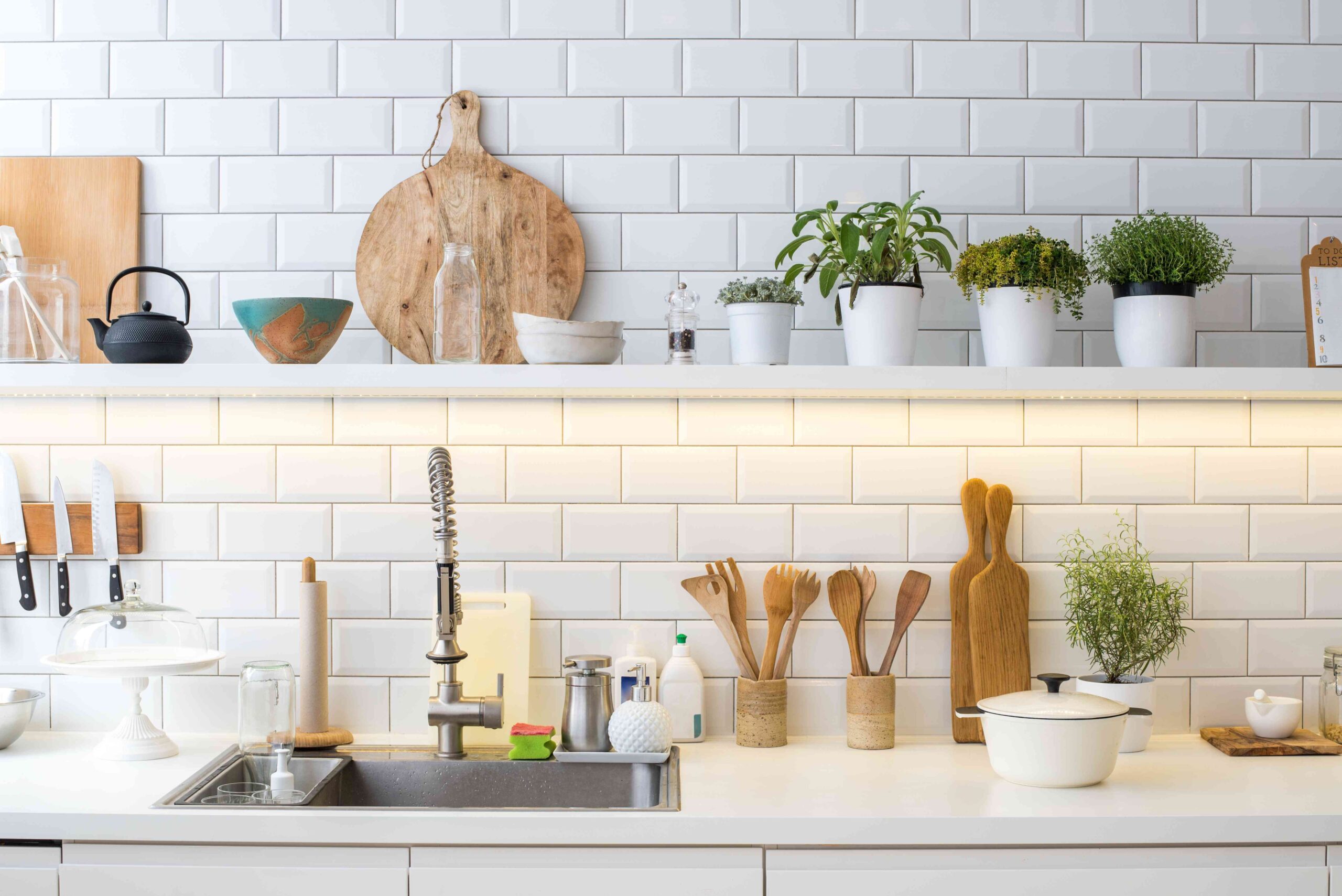:max_bytes(150000):strip_icc():format(jpeg)/GettyImages-1340290877-5b435741ab0147fdab9358398052c69a.jpg)
Micro-decluttering—the art of decluttering your home in 10- or 15-minute increments—has become quite popular in recent years, and for good reason.
If you’re looking to get your home in tip-top shape starting today, micro-decluttering says you can—you certainly don’t need a ton of free time in your schedule to get started.
We spoke to organization experts to gather six top tips on how to tackle microclassing like a pro.
Meet the expert
- Jessica Litman is the founder of the home organization blog The Organized Mama.
- Shira Gill is an organization expert and the author of a book on lifestyle organization.
- Chitra Swygard is the co-founder of the Organized With Beauty home organization service.
What is micro-decluttering?
Micro-decluttering refers to the process of organizing part of one’s space in 10- or 15-minute increments.
“I think it’s such a helpful way to get rid of junk in small steps,” says Jessica Litman, founder of The Organized Mama home blog. “For a lot of people, giant decluttering can be super overwhelming.”
Want more cleaning and organizing tips? Sign up for our free daily newsletter for the latest hacks, expert tips and more!
Have a plan before you start
Image source / Getty Images
Litman suggests those looking to incorporate micro-exfoliation into their routine to determine a rough plan before embarking on the cleansing process. She recommends deciding which areas of the house are priorities, how often you’ll micro-splurge (whether it’s daily, weekly, or otherwise), where you’ll donate items you no longer need, and more.
“Having a plan keeps things on track,” says Litman. It can be easy to lose momentum without figuring out the logistics ahead of time.
Take things for 15 minutes at a time
Organization expert and author Shira Gill recommends her signature “15 Minute Win” approach to clients, which involves spending just 15 minutes addressing just one small area of the home.
“When you tackle even one shelf or drawer, you’ll experience success, boost your confidence, and begin to feel hopeful, even excited about the rest of your home,” she says.
The spaces or items you can organize in this amount of time are endless—Gill suggests taking this time to grab your wallet, medicine cabinet, junk drawer, or even your refrigerator.
Budget your time like a pro
anela / Getty Images
You may wonder when exactly you’ll find even 10 or 15 minutes in your day to commit to a micro-de-cluttering project, but you may have more time on your hands than you think. You can spend 10 minutes clearing the dishes while you wait for dinner to finish cooking, or make a regular appointment on your calendar to do this.
“The ideal time to micro-splash is shortly after you’ve used up an item category,” says Chitra Swygard, co-founder of Organized With Beauty.
This might mean sorting through beauty products after you’ve put on your makeup for the day, or assessing your dishes after setting the table for a get-together. Pay close attention to which items you’ve been avoiding using and consider getting rid of them.
Limit your distractions
As you micro-remove, allow yourself to be in the moment and focus all your energy on the task at hand. Turn off notifications, set a timer and put your head down. You can take a break and scroll on your phone as a reward when you finish in 10 minutes.
Be small with your categories
Micro-splurge isn’t an all-day process, so you may need to break up your item categories into more manageable chunks so you don’t lose momentum. Instead of telling yourself you’re going to go through all of your kids’ dolls, it might make sense to focus on Barbies one day, American Girl doll accessories the next, and so on.
“It just depends on what your life is like and how much time you have,” says Swygard. “The beauty of micro-declining is that you do it at your own pace.”
Celebrate your success
Micro-showing off can bring a great sense of satisfaction—so feel free to share your progress with friends if you’d like. Take a before-and-after photo of your space to demonstrate to others the impact a little micro-tweaking can have, suggests Swygard. This will make you feel more successful and therefore more likely to try again in the near future.
